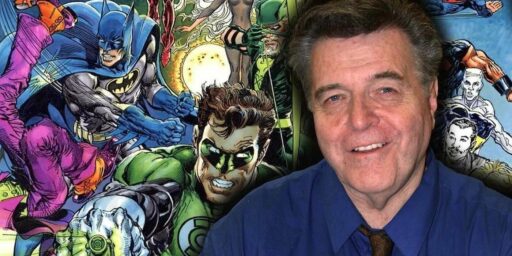Scott Adams Diagnosed with Spasmodic Dystonia
Dilbert creator and recent addition to the Blogosphere Scott Adams has been diagnosed with a permanent speech condition called Spasmodic Dystonia or Dysphonia. No, he’s not kidding.
WebMD describes the condition this way:
Spasmodic dysphonia is a voice disorder characterized by momentary periods of uncontrolled vocal spasms, tightness in the throat, and/or recurrent hoarseness. At certain times, affected individuals must make a conscious effort to speak. The most frequent sign of this disorder is a sudden, momentary lapse or interruption of the voice. Spasmodic dysphonia is a form of dystonia, a group of neurological movement disorders characterized by involuntary muscle spasms.
There are two types of spasmodic dysphonia: Abductor spasmodic dysphonia and the more common adductor spasmodic dysphonia. The cause of spasmodic dysphonia is not known.
Adams describes it thusly:
. . . the vocal cords going nuts on their own. The net effect is that while I can give a speech to a crowd of 5,000 people, I generally can̢۪t utter more than a hoarse whisper to someone one-on-one. It̢۪s like a stutterer who can sing okay but can̢۪t talk normally.
How awful. Fortunately, his career is built almost entirely on the written word. But his real life isn’t.
The NIH has quite a bit of information on Dystonia generally, which affects different body parts in radically different ways.






Also of note is that Adams also suffers from a condition called focal dystonia, that makes it nearly impossible for him to draw using a pen or pencil in his hand, and has caused him to have to produce all of his strips using a computer graphics program.
Yikes.
Scott is one of many suffering with progressive dystonia. It spreads through the body. Treatments are meager. There are new cures on the horizon, and I’m leaving my cardiology practice to work with the leading scientists and biotech companies, to tinker with the genes and proteins, and concoct a cure.
As a parent of a 12 you with generalized dystonia, and as a dystonia patient myself, I know that Scott’s an inspiration, using humor as he suffers these losses of function.
We will cure this within 5 years.